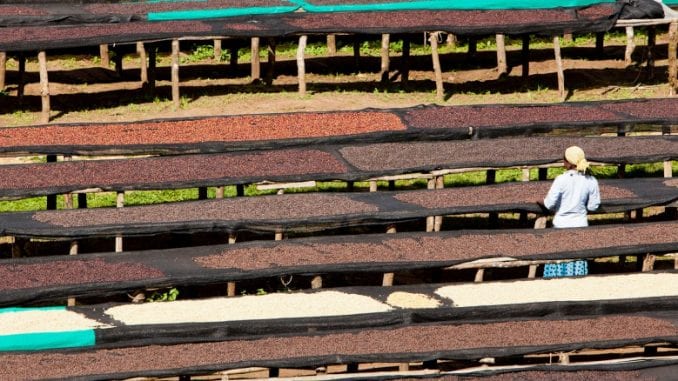
Ethiopia is the birthplace of the Gesha coffee variety, and the Gesha Village Coffee Estate is offering these coffees in the first ever single-estate auction in Ethiopia.
BY CHRIS RYAN
BARISTA MAGAZINE ONLINE
Photos courtesy of Gesha Village
In 2011, Adam Overton and Rachel Samuel leased a 471-hectare coffee farm in the remote Bench Maji Zone of Ethiopia, about 20 kilometers from the Gori Gesha wild coffee forest—best known as the birthplace of the Gesha coffee variety, which is prized for its excellent cup quality. Over the last several years, Adam and Rachel have built from scratch a coffee farm growing the highest-quality Gesha, on the doorstep of where it originated.
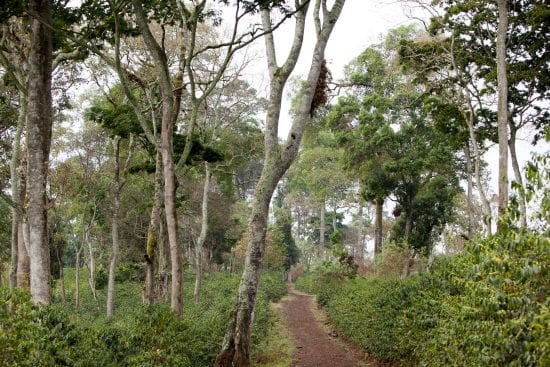
This farm is Gesha Village Coffee Estate, and on May 31 the estate will introduce itself to the global coffee community when it holds its first-ever auction, offering 21 lots of coffee for bid. Registration is now open to become an auction bidder. While auctions for prized coffees such as Gesha varieties are somewhat common in Panama, that is not the case in Ethiopia—or in East Africa in general. “As far as we know, this is the first ever auction from a single estate in Africa,” says Adam.
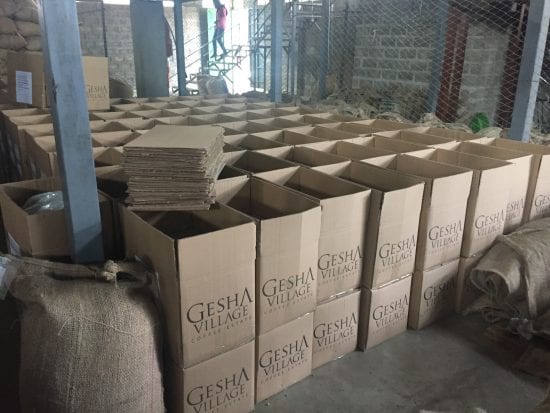
Adam and Rachel’s journey to coffee was a long one: Rachel was born in Ethiopia, and in 2007 the pair was commissioned by the Ethiopian government to make a documentary on the country’s coffee industry. There they fell in love with the culture of the country—including its coffee—and embarked on a journey to learn more. This led them to Willem Boot, owner of Boot Coffee in the San Francisco Bay Area as well as the Panama Gesha farm Finca La Mula. A Gesha devotee who has traveled the world looking for wild Gesha, Willem taught Adam and Rachel the fundamentals of growing high-quality coffee, and they decided to pursue coffee farming in Ethiopia.
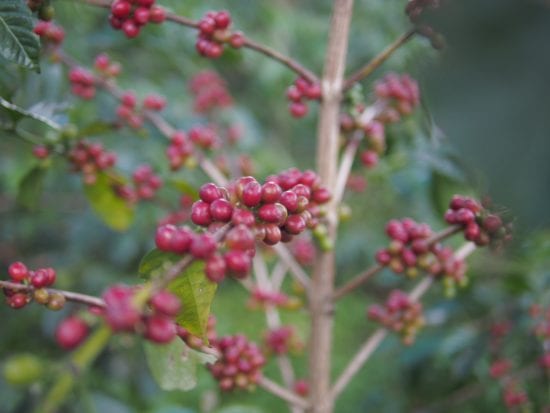
The next step was finding suitable land for this endeavor, which proved to be no easy task. Adam and Rachel traveled throughout the country looking for land with the natural conditions necessary for growing high-quality coffee. They finally found it in Bench Maji, though the remote land had no electricity and other infrastructure needed to produce coffee. Over many months that turned into years, and with the help of their farm manager, Akalu Woubishet, and other dedicated Gesha Village staff, Adam and Rachel trucked in materials and eventually built a working coffee farm.
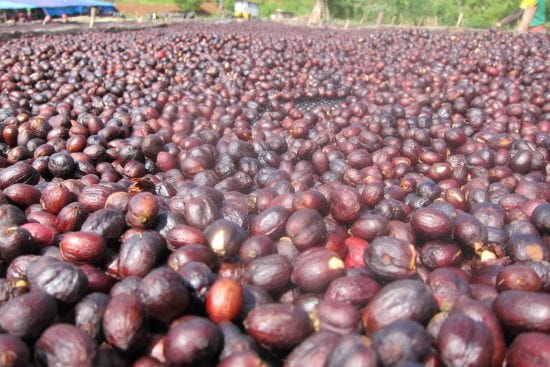
An important step of the process was selecting the coffee they were going to grow. For this, they enlisted their old friend Willem Boot and trekked into the Gori Gesha forest to search for wild coffee. They were able to harvest a seed selection from the Gori Gesha trees, which they planted at Gesha Village alongside shade trees and other native crops to foster biodiversity at the farm.
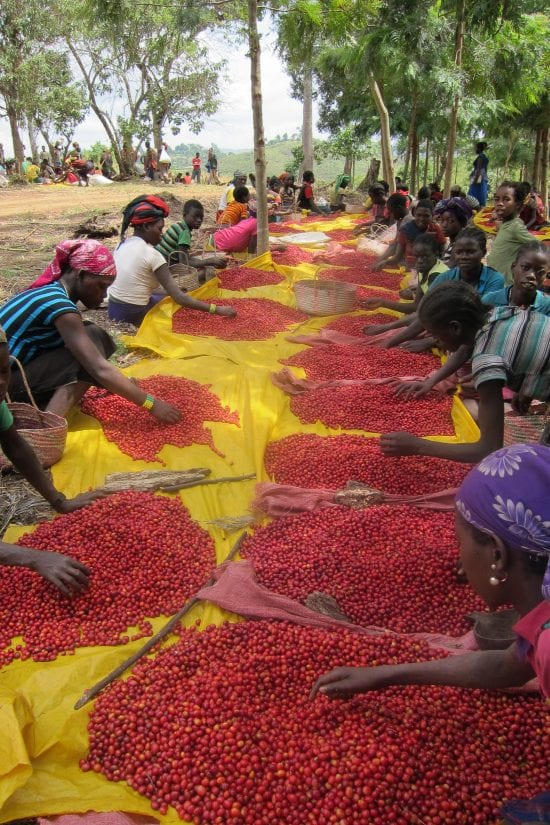
Willem, who has supported Adam and Rachel throughout the process of getting Gesha Village off the ground, is thrilled at the results. “Establishing a coffee estate in Gesha, Ethiopia, serves multiple immensely valuable sustainability goals,” says Willem. “We are building a thriving community, we’re protecting an indigenous forest, and we’re producing extraordinary coffee, providing income to hundreds of families in the Gesha area.”
Those interested in participating in the Gesha Village auction on May 31 can register here and will be sent samples of all 21 coffees. For Adam and Rachel, this auction is a long-awaited introduction to a broader audience. “This has been a journey of discovery, revival, community, and innovation,” says Adam. “We’re so excited that the next step of this journey is sharing our coffee with the international coffee community.”

